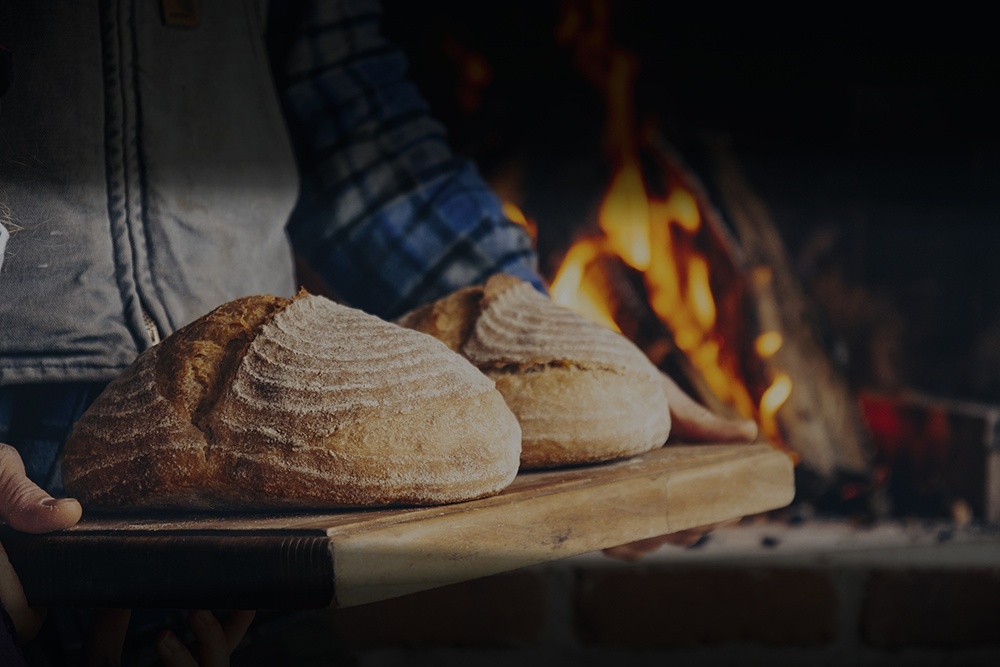20 Jan 2022
How might VAT impact hospitality and agribusiness in 2022?

According to Defra, returns from the farming and agricultural sector in 2020 were at their worst levels since 2016. Though the pandemic is the obvious contributor to this, agribusinesses also had to contend with a very wet winter in 2019.
Many in the farming sector have gone to great lengths to diversify their businesses with hospitality offerings, creating a new and steady income which they have come to rely upon. Though these businesses received additional support compared to some others, such as the Government’s ‘Eat Out to Help Out’ scheme and business rates reductions, they also face challenging times ahead. Many will have begun paying back COVID support loans while struggling to recruit and dealing with soaring wholesale prices and energy costs.
Additionally, businesses will have to prepare for an increase in VAT as of 1 April 2022.
What does the new VAT rate mean for hospitality?
In July 2020, as we were coming to the end of what would be England’s first lockdown, the Government cut the VAT rate in the hospitality sector to 5 per cent. This applied to any on-premises catering, hot takeaway food and drink, accommodation (including pitch fees) and attractions admissions fees. This, coupled with the Eat Out to Help Out scheme, provided a lifeline to businesses who were either able to encourage customers back with low prices, or hold on to a little more of their hard-earned cash.
This was only ever supposed to be a temporary measure, with VAT raised to 12.5 per cent on 1 October 2022, despite much pleading from the hospitality industry. As of 1 April this year, the rate will return to the standard 20 per cent.
Hospitality businesses are faced with a tough decision: do they swallow the additional cost of VAT and adjust their margins, or do they pass on this rise to the customer? There are lots of things to consider here, such as the size of your margins and the competitiveness of your business, so there is no easy answer.
What should businesses consider?
Despite a difficult few years, the summer of 2021 in particular was good for hospitality businesses. Travel abroad was still limited, and the Great British Summer lasted longer than its predecessors, so many in England enjoyed a staycation.
First and foremost, this means that some businesses who previously did not need to be concerned with VAT will now have exceeded the VAT registration threshold. This is particularly true for those with holiday accommodation, who would have been able to ‘name their price’ during the latter half of 2021. Secondly, businesses need to consider when the tax liabilities for those profitable months will be due and ensure their cashflow can handle what could be a sizeable bill.
There are also things that can be done to reduce the tax liability, which could be a new consideration for some businesses. If cashflow allows, it may be better for the business to make increased pension contributions or invest in new equipment and make use of the Annual Investment Allowance. Timing will be a crucial element in these decisions, so seek the advice of a professional to ensure you are making the right choices at the right time.
Uncertainty creates a tricky environment for hospitality businesses and whether you have fared well or struggled over the last few years, there are difficult questions ahead. For information and friendly advice, get in touch with the team at Monahans.
Andrew Perrott